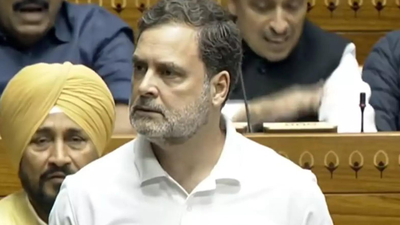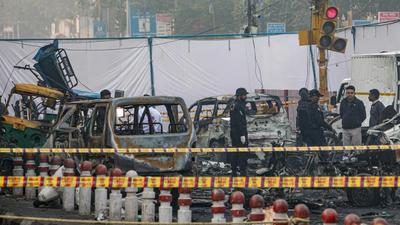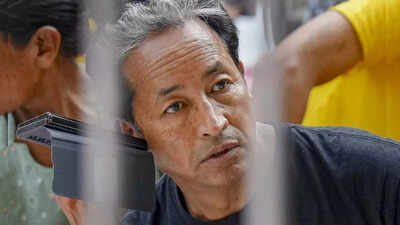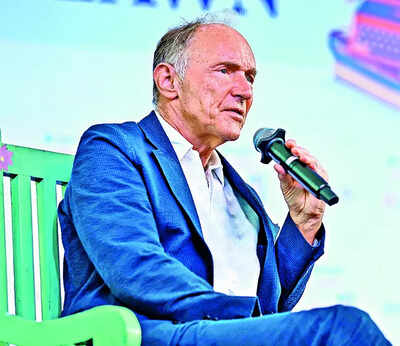‘No clarity yet’: Tejashwi Yadav slams Election Commission over Bihar SIR drive; once again claims that names will be ‘removed’ from list | India News
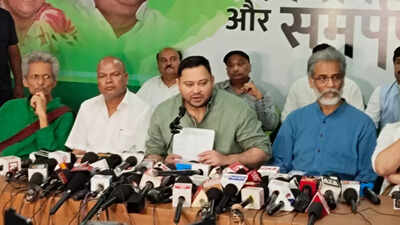
NEW DELHI: Rashtriya Janata Dal (RJD) leader Tejashwi Yadav on Monday alleged that his party-led opposition Mahagathbandhan (Grand Alliance) is yet to get clarity from the Election Commission of India (ECI) regarding the poll panel’s contentious electoral roll revision exercise in poll-bound Bihar.His remarks came on a day when the Supreme Courtagreed to hear petitions challenging ECI’s Special Intensive Revision (SIR), with the hearing set to be held on Thursday.“On July 5, we met ECI officials and posed our questions. The worry is that we have no clarity from them so far,” Yadav said at a joint press conference of the Mahagathbandhan allies.The Bihar EC, on the other hand, has no authority to provide an answer as it works “only as a post office,” he added.Further, the former deputy chief minister and current leader of opposition reiterated his charge that people would lose their voting rights if they do not have the 11 documents which EC has sought in the state.“People of don’t have the 11 documents which ECI has asked for; rather, they have an Aadhar card, MGNREGA card, and ration card. This is the only document which the poor people of Bihar have. It is clear that the people who do not have these 11 documents, their names will be removed,” Yadav said.Since the announcement of SIR of electoral rolls, the opposition parties have raised their concerns.The Supreme Court petitions against thedrive were filed by RJD MP Manoj Jha, the Association for Democratic Reforms (ADR), activist Yogendra Yadav, Trinamool MP Mahua Moitra, and former Bihar MLA Mujahid Alam.The petitioners sought a direction to quash ECI’s June 24 directive, which requires large sections of voters in Bihar to submit proof of citizenship to remain on the electoral rolls.They also raised concerns over the exclusion of widely held documents like Aadhaar and ration cards, stating that this would “disproportionately affect” the poor and marginalised voters, especially in rural Bihar.


